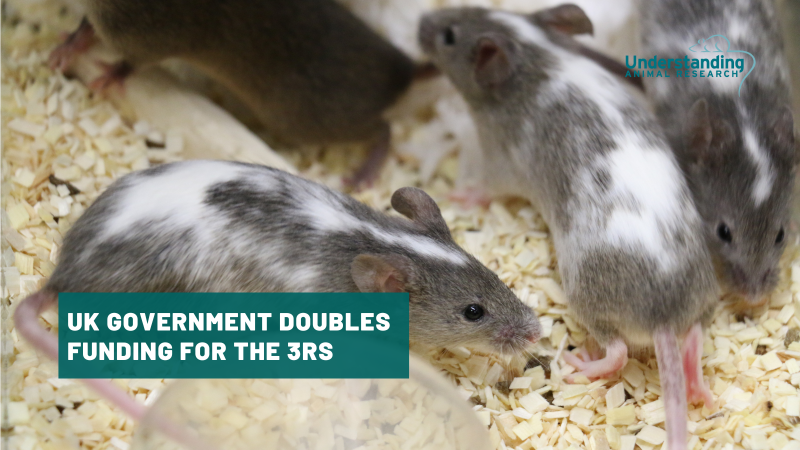Text to go here...
 Scientists have developed a vaccine which protects mice from the Ebola virus and, unlike current vaccines, can be stored for long periods of time. This makes it ideal for stockpiling against the possibility of biological attacks using this deadly virus.
Scientists have developed a vaccine which protects mice from the Ebola virus and, unlike current vaccines, can be stored for long periods of time. This makes it ideal for stockpiling against the possibility of biological attacks using this deadly virus.
Discovered in the Republic of Congo, the Ebola virus is one of the world’s most feared pathogens. Cases are rare but devastating. The virus is known to weaken blood vessels and prevent blood from clotting. This deadly combination results in the rupturing of blood vessels which the body is then not able to repair, causing death in up to nine out of 10 cases. Governments fear this makes it an attractive agent for biological attacks and so there is great demand for an effective and cheap vaccine that can be stockpiled.
Current Ebola vaccines contain weakened versions of the virus, which prepare the body for the real thing. But these cannot be stored for long periods. So scientists have been working to develop alternatives.
One alternative is to make artificial proteins like those found on the virus’ surface. Through tests using mice the researchers discovered that these proteins are most effective when given along with other compounds that activate receptors on the surface of immune cells.
When this combination was given to mice it protected four out of five mice that were injected with an otherwise lethal dose of the Ebola virus.
This survival rate is the same as the traditional Ebola vaccines but has the added benefit of being cheap to produce and suitable for long term storage.
See our previous news item about Ebola vaccine developments here.
Last edited: 11 January 2022 15:00




